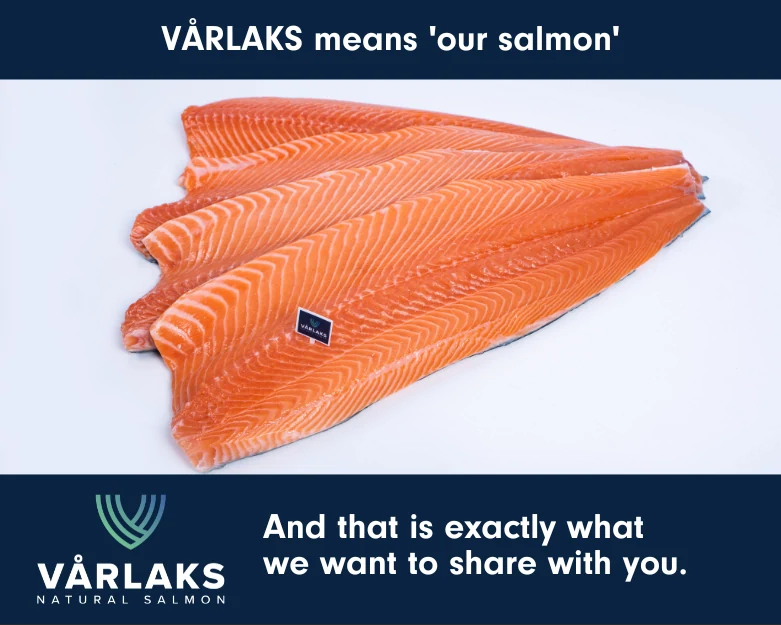The Newfoundland Aquaculture Industry Association (NAIA) applauds the decision of the Canadian Council of Fisheries and Aquaculture Ministers (CCFAM) to advance the legislative development process for an Aquaculture Act in Canada.
Canada remains the world’s only major farmed seafood producing country without modern legislation specifically designed to govern a responsible and sustainable aquaculture industry.
“On behalf of NAIA and its 120+ members from around the world I want to sincerely thank Ministers Wilkinson (Department of Fisheries and Oceans); Minister Gerry Byrne (Fisheries and Land Resources) and their provincial colleagues for recognizing the incredible value that aquaculture has for Canada and acknowledging the great importance of aquaculture to the Canadian economy, in particular rural coastal communities”, said Mark Lane, Executive Director of NAIA.
Currently, aquaculture is governed by a 150-year old Fisheries Act, in which aquaculture is undefined.
“We look forward to collaborating with Indigenous, federal, provincial, and non-government partners to draft and modernize Canada’s legislation and regulations with the goal of keeping our seafood farming business competitive, innovative and growing sustainably”, said Lane.
The sector’s potential for Canada was identified most recently in the Agri-food Report from Canada’s Economic Strategy Tables released in September. The report cited the potential for the sector to nearly double production from 200,565 tonnes in 2016 to 381,900 tonnes in 2028 to meet rising global demand. Through the Way Forward – Strategy for Aquaculture, the province has set a target to double salmon production to 50,000 tonnes and triple shellfish to 10,750 mt.
With a federal regulatory environment focused on innovation, economic growth and sustainability for the sector, our industry is ready to seize the opportunity, creating new business opportunities and jobs in rural areas of Newfoundland and Labrador.
As the global population continues to grow and the demand for nutritious and safe seafood surpasses the production capacity of the wild fishery, aquaculture has and continues to grow to fill the gap. Currently, the majority of seafood consumed worldwide is farmed.
“Our provincial aquaculture industry will continue to invest in the latest innovative technologies and utilize the most sustainable farming practices in all aspects of our operations. We look forward to hearing more details about the proposed study on alternative aquaculture technologies to be conducted by Sustainable Development Technology Canada and the province of British Columbia. The move toward area-based management plans in other jurisdictions is not surprising. Newfoundland and Labrador implemented a Bay Management Area approach in 2013”, Lane concluded











